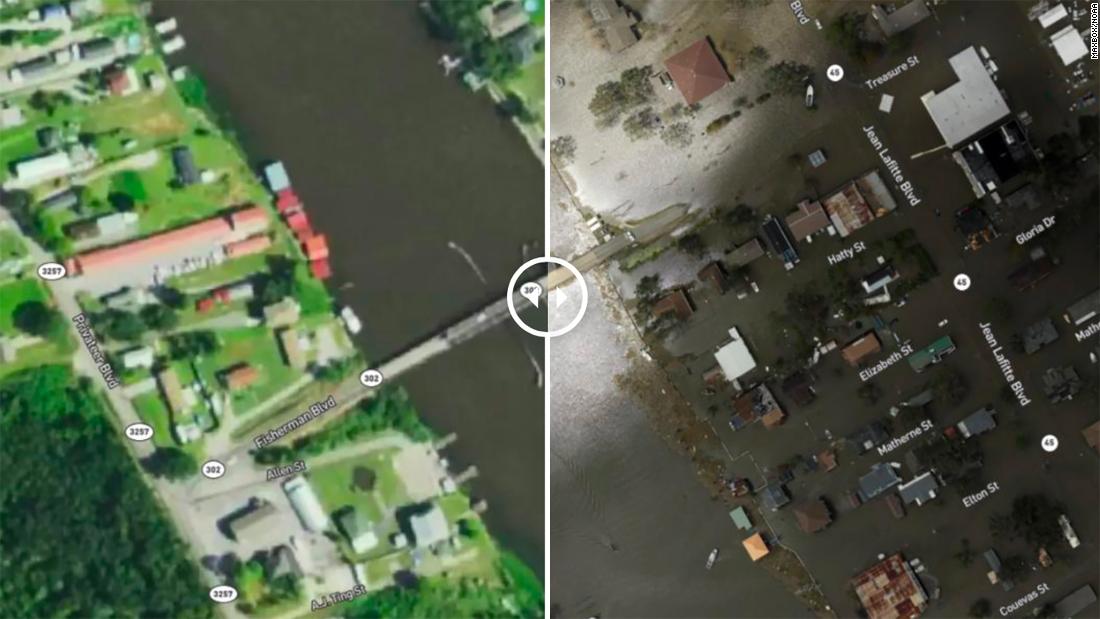CNN
Afghanistan may not be part of the Middle East but its geopolitical fate has for decades been inextricably linked to that of the nearby region.
In 2001, the fall of the Taliban was the first major milestone in America’s so-called “war on terror” that ultimately transformed both the country and the Middle East. Twenty years later, the group’s return to power in Kabul has thrust the region, still limping from the unspeakable damage of that war, into uncharted waters.
If the US invasion of Afghanistan prompted intensified American intervention in the Middle East, then its exit from the country also signals an accelerated drawdown from a region that has long served as a gravitational center of political tension. The dramatic scenes from Afghanistan have sounded alarm bells throughout the Middle East, raising the specter of a hasty undoing of an economic and political order that has hinged on, or sought to counter, a large US presence in the region.
A flurry of diplomatic and military activity preceded the withdrawal from Afghanistan. A year ago, a wave of normalization agreements between some Arab countries and Israel spurred then-President Donald Trump to say: “We don’t have to be there anymore … we no longer have to be in areas that at one point were vital.”
President Joe Biden has continued down that path. On Tuesday, the US President vigorously defended the pullout and final chaotic scenes in Kabul, adding that the era of invading countries with intentions of installing American values was no longer viable. He argued that the US “no longer had a clear purpose in an open-ended mission in Afghanistan” and that the US’ withdrawal signaled “ending an era of major military operations to remake other countries.”
With a laser focus on China, Biden’s administration has made it crystal clear to US regional allies that they should no longer depend on the US for their security needs. States would need to fend for themselves. For the Middle East, this changes everything.


